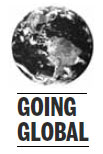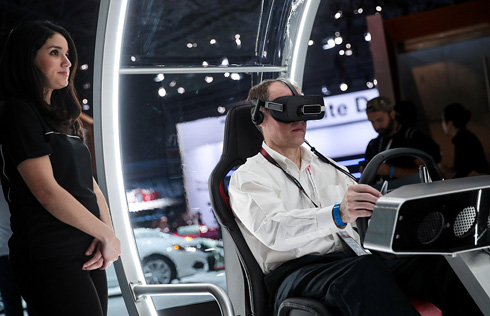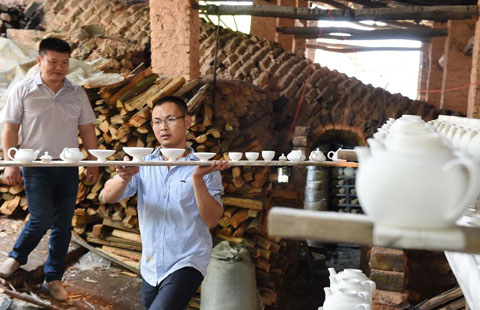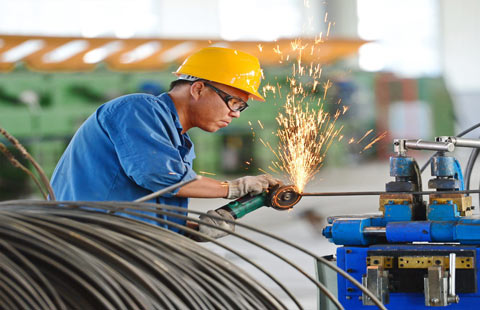Automakers map out sales plans in Africa
By Wang Chao (China Daily) Updated: 2013-05-14 13:47Foton, however, does not intend to concentrate only on some markets in Africa. "We will focus on the whole continent, starting with the relatively mature markets such as Egypt and South Africa," Wang said.
Wang said that companies also need to consider factors such as climate and the environment when exporting vehicles. "The vehicles have to be tailored to adapt to extreme weather conditions," he said.
Zhang Zhiliang, head of the Foton Automotive Engineering Research Institute, said the company had to make adjustments to ensure that its vehicles do not suffer from problems such as overheating engines and tires in Africa.
Other changes, including a larger venting area for the engine, high-endurance rubber spare parts and high-powered air conditioners, are all special tweaks that the company incorporates in its African models, Zhang said.
Unlike Foton, which focuses on building customized vehicles for the African market, BYD Auto Co is banking on efficient logistics to drive sales in Africa.
Isbrand Ho, general manager of BYD's auto export trade division, said the company will soon set up one or two logistics centers in Africa, to facilitate smoother delivery of passenger cars, electric vehicles and spare parts.
"Having such a set-up on the ground in Africa ensures that our after-sales team can quickly procure the required spare parts in the event of vehicle breakdowns," Ho said.
The company has been present in Africa for more than seven years and has assembly units in Syria, Egypt, Iraq and Russia.
Thanks to a strong local partner in Egypt, BYD recently secured a large order to provide taxis in Cairo. The company is also bidding for government car orders in Egypt. This year, it expects to deliver 8,000 to 10,000 vehicles in Egypt. Though the limited capacity of its local plant only allows 20 cars to be produced every week, it is pushing its local partner to expand the capacity to 200 units a week by the end of August, say company officials.
The reciprocal arrangements that Egypt enjoys with other African countries, such as Tunisia and Morocco, also helps BYD to sell its vehicles in these markets without attracting additional duties.
"The African market is basically a low-price and low-demand market," Ho said.
"We sell them cars with fewer features. In China, for instance, most cars have power windows, but cars in Africa still have hand-rolled windows. These features are taken out in Africa to reduce the costs."
Currently, BYD only sells its sedan model F3 in Africa. Plans are afoot to introduce sports utility vehicles soon as the company feels that there is enough demand to deal with the tough road conditions in many parts of the continent.
- Macao unveils tourism promotion in Malaysia for middle-haul visitors
- China approves projects worth $35b in Q1: Economic planner
- China's power consumption accelerates in Q1
- Chinese companies to play more active role in US infrastructure building: Experts
- M&As to gather pace in coal sector
- Baidu uses AI technology to help abducted child find family
- China central bank resumes cash injections into money market
- China's yuan strengthens to 2-month high against USD


















